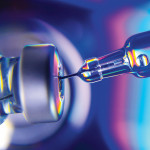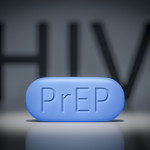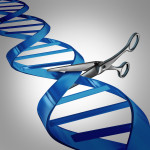Sperm “washing” appears to be a safe and effective option for couples wishing to have a child where the potential father is HIV positive, according to a European study reported in the September 2007 issue of AIDS. While the U.S. Centers for Disease Control (CDC) does not yet endorse the procedure, some states are taking steps to make this reproductive technology available to HIV-serodiscordant couples.
The study, involving 1,036 couples, reported that none of the HIV-negative women were infected with the virus after undergoing assisted reproduction—including intrauterine insemination and in vitro fertilization—with sperm from their partners that was carefully treated. The washing procedure usually involves collecting a semen sample—it is usually recommended that the man be on treatment and have an undetectable viral load for several months prior—and the use of a centrifuge with a weighted chemical to separate the positive sperm from the negative sperm. After skimming off lingering positive sperm and retesting for HIV, fertilization is then attempted.
The 533 pregnancies documented by the researchers resulted in 463 live births—all the children were HIV negative. The results, the authors write, “support the view that assisted reproduction with sperm washing could not be denied to serodiscordant couples in developed countries and, where possible, could perhaps be integrated into a global public health initiative against HIV in developing countries.”
Zero Infections in Large Sperm Washing Study






Comments
Comments